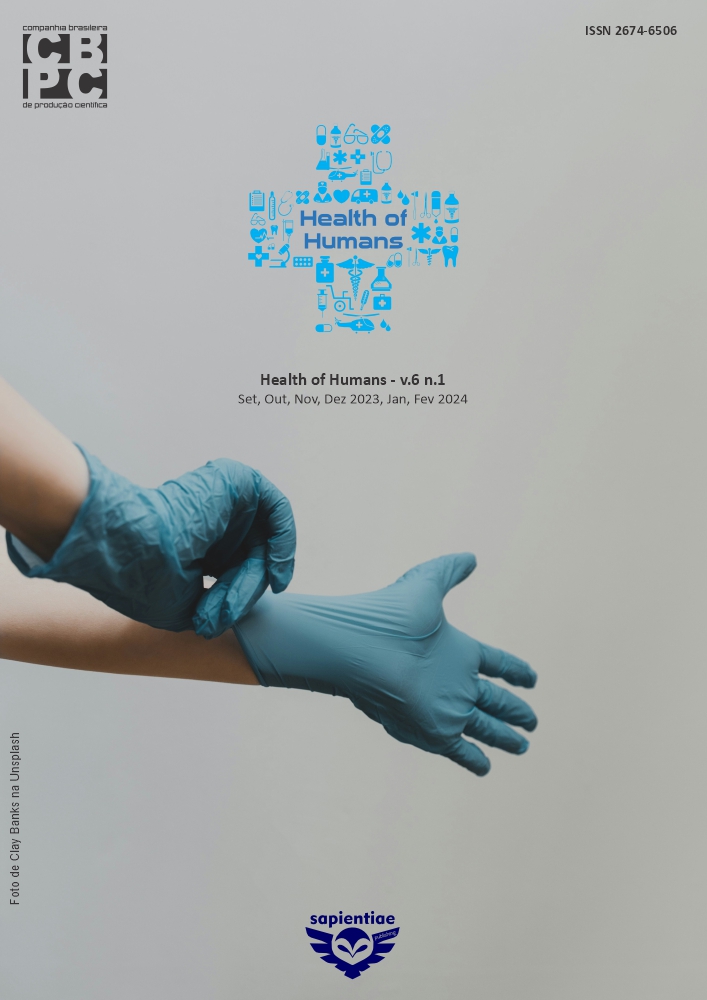The view of nursing students about humanization in the training process
DOI:
https://doi.org/10.6008/CBPC2236-9600.2022.004.0009Keywords:
Humanization, Collective Subject Discourse, Nursing, Nursing studentsAbstract
The perception of nursing students about the humanization in the training process constitutes the objective of this study. It is about a study descriptive/exploratory, qualitative, conducted with 20 students in the 6th period of the nursing course UFRN. Was approved by the Ethics Committee on Research in Opinion 464/2011 and CAAE 0237.0.051.000-11. During data collection were held focus groups reunions with guiding questions. To organize and analyze the data, the technique used was of the collective subject discourse. The empirical material enabled the elaboration of three central ideas: Humanization is worked in a punctual manner during graduation; Living with professionals in practice helps to understand the meaning of humanization; The concept of humanization that students had at the beginning of the course, changed with the care practice. Is concluded that, in opinion of the nursing student, the training plays an important role in the process of humanization, as the graduation stimulates the study of the humanities, providing experiences and stimulates the critical positioning in the care process.
Downloads
Downloads
Published
Issue
Section
License
Copyright (c) 2023 Scire Salutis

This work is licensed under a Creative Commons Attribution-NonCommercial-NoDerivatives 4.0 International License.
The CBPC - Companhia Brasileira de Produção Científica (Brazil CNPJ: 11.221.422/0001-03) the material rights of the published works. The rights relate to the publication of the work anywhere in the world, including rights to renewals, expansions and dissemination of the contribution, as well as other subsidiary rights. All electronically published works may subsequently be published in printed collections under the coordination of this company and / or its partners. The authors preserve the copyright, but are not allowed to publish the contribution in another medium, printed or digital, in Portuguese or in translation.








